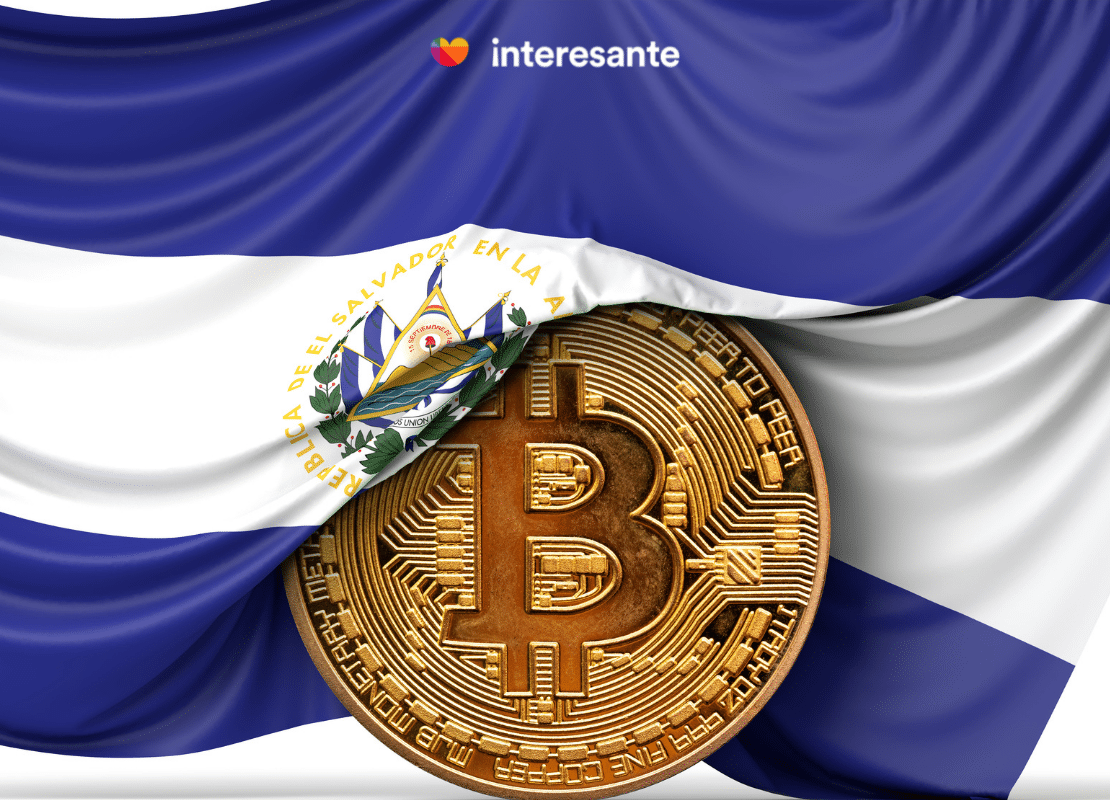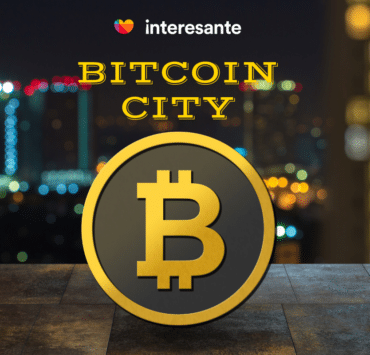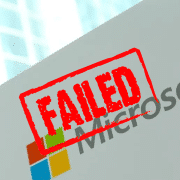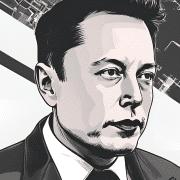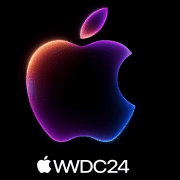AI Product Developer
Nayib Bukele’s decision to approve Bitcoin as legal tender has wholly changed how governments view digital assets worldwide. Even though this decision from Bukele is in the trust that digital assets are the future of the economy, several setbacks have appeared in El Salvador since Bitcoin became legal tender in September 2021.
Nayib Bukele Keeps Buying the Dip
Nayib Bukele decided to roll out Bitcoin as legal tender in September 2021. This decision brought several concerns about Bitcoin from the president of the Central American country. Unfortunately for El Salvador, Bukele’s Bitcoin buys are in red numbers since cryptocurrency markets have been on a downtrend since November 2021. The website nayibtracjer.com tracks all of Bukele’s Bitcoin buys, showing that every Bitcoin from El Salvador is worth less than the initial purchase price.
Bukele’s decision to buy Bitcoin boosted digital assets, creating a new economy for the country. In consequence, this will bring new foreign capital and new investors. Bukele’s proposal was not bad at all, but the poor implementation of Bitcoin in the country and the fall of the cryptocurrency markets worry its citizens.

Chivo Wallet Glitches Upset Users
El Salvador adopting Bitcoin as legal tender has spurred several criticisms from governments, financial institutions, and the IMF. Despite these criticisms, Bukele remains focused on the mass adoption of Bitcoin in El Salvador. Without much success in the search for mass adoption, Chivo wallet, the official digital wallet of the country, has experienced a lot of technical issues.
The technical issues include identity fraud, missing account balances, lack of technical support, and failure in the user interface. Besides all of this, the merchant adoption statistics show that 86% of businesses in El Salvador have never conducted any transaction using Bitcoin. It is a worrying situation since only a few merchants are using the cryptocurrency for its intended purpose.

Various reports from citizens of El Salvador have doubts as the Chivo wallet presents various glitches affecting people’s life savings. Other concerns come from the fact that Chivo Wallet is a custodial wallet. Since only 10% of El Salvador’s population understand how cryptocurrencies work, it makes sense that the El Salvador government deployed a custodial wallet to the people. It means that citizens do not possess any BTC they hold in their wallets since they do not have the private keys to their bitcoin.
Nayib Bukele Buys the Dip as the Crypto Market Tumbles
Geopolitical conflicts and the new monetary policies in the US directly impact the traditional financial markets. Unfortunately for cryptocurrency investors, the traditional financial market correlates directly with the cryptocurrency markets. In May, a massive sellout of tech stocks affected the cryptocurrency markets.
Bitcoin traded for 29k in the second week of May, something that had not occurred since July 2021. This downward trend worries participants of the cryptocurrency markets since bitcoin dominates 44%.
Bukele also announced on Twitter a Bitcoin buy of 500 BTC with an average price of $30744. With this purchase, Bukele amasses 2301 BTC for the country’s reserves. Despite buying the dip, all of Bukele’s Bitcoin purchases are deep underwater, losing 34% on average on all his bitcoin buys.
Bitcoin City

Bukele is more focused than ever on Bitcoin since the digital asset can help the country’s economy and tourism. Having Bitcoin as the primary digital asset, Bukele plans to build Bitcoin City. It will use geothermal energy to mine Bitcoin and keep the city running. With this in mind, Bukele announced the famous volcano bonds that will be the primary source of revenue to finance the city.
Fitch and Moody’s financial agencies have cataloged Bukele’s economic decisions as one of the worst decades. It is speculated that El Salvador will default on an 800 million loan payment due in January.
The Great Gamble for El Salvador is crumbling
Despite the criticism coming from the IMF and governments worldwide, Bitcoin can be the digital asset that boosts the country’s economy. Cryptocurrencies are high-risk, volatile investments that, for now, work as part of El Salvador’s monetary reserves. Bukele’s Bitcoin investments are red, but his vision considers Bitcoin the only sound money globally.
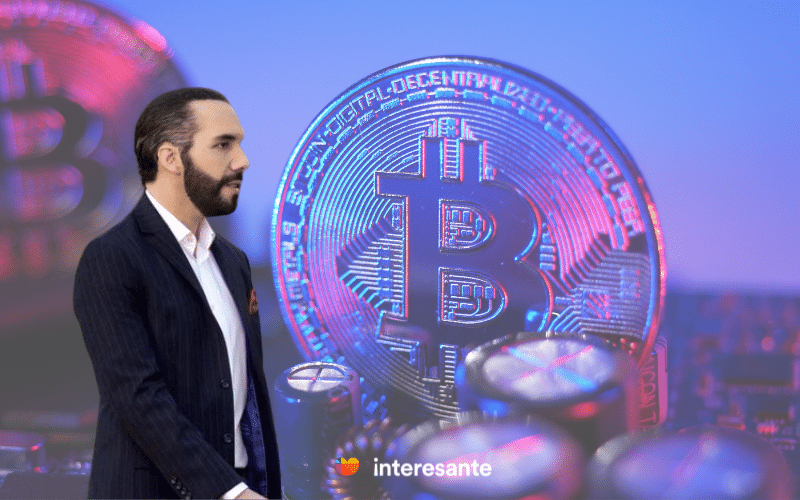
Digital assets are here to stay, regardless of any contrary opinion. Like with every technology, money also evolves, and digital assets are eating the world of finance. Bitcoin and blockchain technology are solving the main issues with existing digital money. It is an open-source protocol without borders that can become a precious store of value, which means it can open up the market for many people. In other words, it can bank the unbanked by accessing the blockchain’s open monetary network.
The invention of Bitcoin brought along the properties of commodity money and transferred it to digital form. The software keeps expanding exponentially. As programmable commodity money, Bitcoin will benefit from the changes in the software that will keep emerging in future decades. Bukele has taken into account all of these characteristics of Bitcoin, placing all of his trust in this new emerging digital asset. Only time will tell if Bukele’s decision will positively impact El Salvador.
